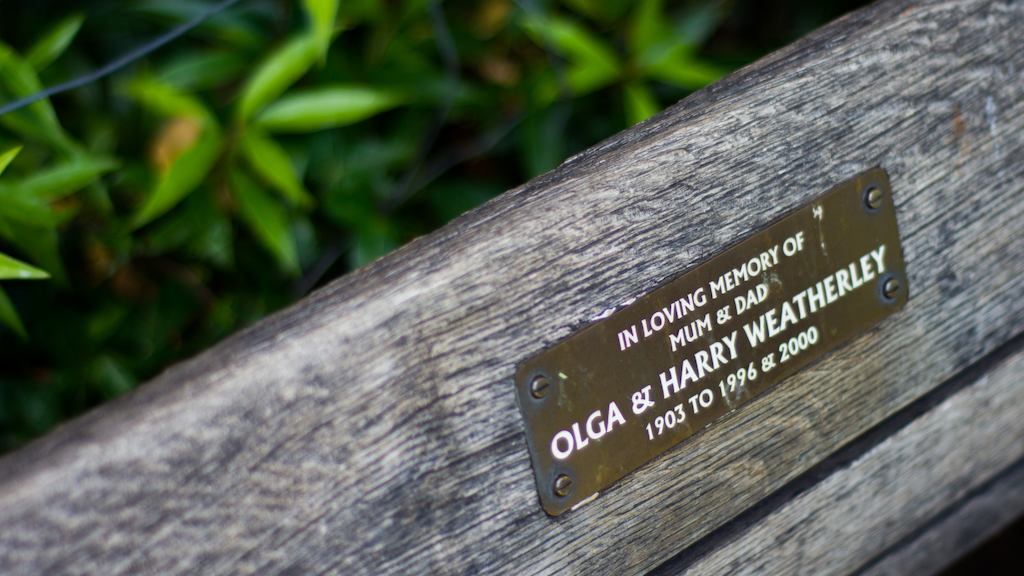It can be difficult to think about death

Thinking about death isn't easy - either our own or that of those closest to us - nor is starting conversations about what we hope for.

Thinking about death isn't easy - either our own or that of those closest to us - nor is starting conversations about what we hope for.
Contact our team for more information
Contact us